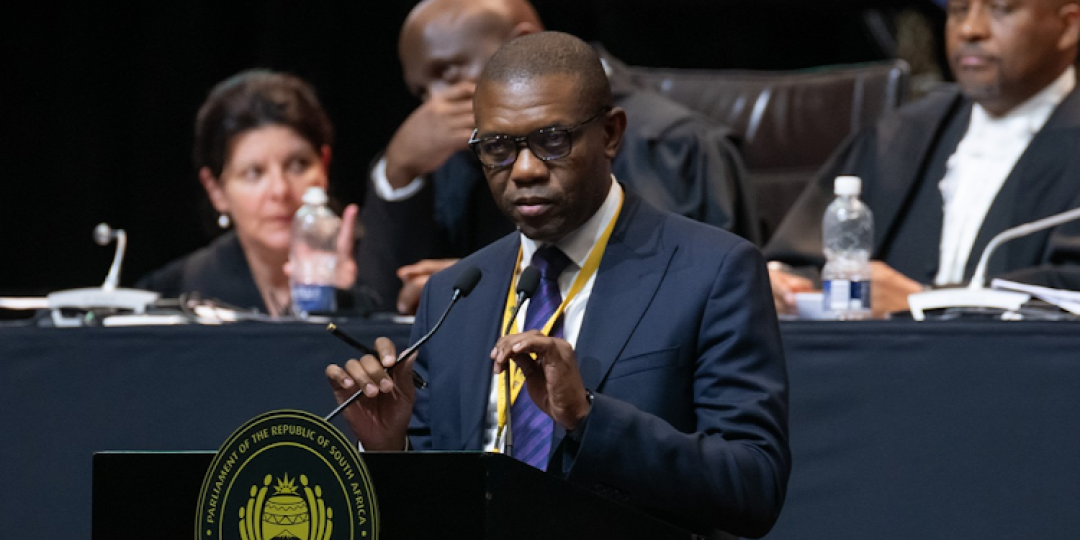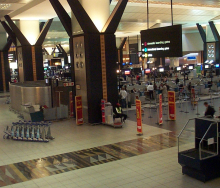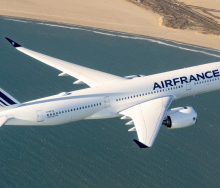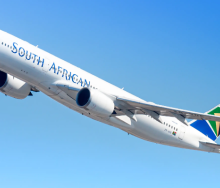National carrier South African Airways might be operational, but it and its subsidiaries were unable to move forward with its growth plan without financing, according to the Chairperson of Parliament’s Standing Committee on Public Accounts (Scopa), Songezo Zibi.
He was reacting to a briefing from the Auditor-General’s office on SAA’s finances. The AG’s office briefed the committee on audits up until the financial year ending in March 2022. SAA’s 2022/23 audit is currently being finalised and it has so far failed to submit financial statements for its 2023/24 audit.
The Auditor General conducted an audit of the airline’s finances in the 2016/7 year. The following year the audit was paused due to severe financial difficulties. SAA was put into business rescue in December 2019, and released again to operate on its own in April 2021. The AG’s office told the committee that following this, they resumed the paused audit and completed the four year backlog of audits from 2018 to 2022 simultaneously.
SAA emerged from insolvency in 2022, posting positive equity of R682 million for the first time in five years. However, the AG’s office identified several risks in its audit findings around consequence management, executive stability and governance structures.
Lack of funding to finance expansion
The biggest concern highlighted by the AG’s office, however, was the lack of funding to implement the airline’s expansion plan.
“We have an entity that is out of business rescue, the entity is operational and is slowly implementing the expansion plans that have deferred from the business rescue process,” said AG’s Fhumunlani Rabonda, who is responsible for the SAA audit.
But, he said, there needed to be certainty around funding criteria for state-owned entities.
SAA, he said, was not able to get loans, and the money generated in its operations was not enough to finance its expansion plans.
“Your conclusions are kind but the actual assessment is robust. What you are saying is that SAA is in the doldrums, unable to really move because it does not have the capital to grow,” said Zibi. He said SAA subsidiaries like SAA Technical and Air Chefs were doomed to the same fate because they were mostly dependent on the carrier for their survival.
“Until there is funding for a growth strategy, they are stuck.”
Zibi said the State had, as part of the business rescue process, committed to funding the airline’s debt and receivership and had anticipated that a shareholder would inject capital to finance the growth strategy. The deal to buy a stake in SAA and inject capital collapsed earlier this year. Another private-sector partner has not yet been secured.
Hard decision
“SAA is a 100% public-owned entity. We need to decide if it lives or dies and the circumstances of it living and dying. What is clear from the AG’s report is that we can’t have a situation where it is just floating along and surviving day to day,” said Zibi.
Thato Kunene, Senior Audit Manager for the Auditor General’s office, called on the committee to take decisive action against entities that did not submit annual financial statements, and closely monitor the challenges SAA faced on the business expansion plan.
“Failure to submit financial statements is a contravention of the Companies Act and obstructs the accountability and oversight process,” he said.
Zibi said the committee would call the Minister of Transport, Barbara Creecy, to the committee to account for the policy decisions around SAA, and on the issue of the outstanding annual financial statements.
The committee will also call SAA management to account, and write to the National Treasury to request historic information on disbursements made to the airline since 2010.














